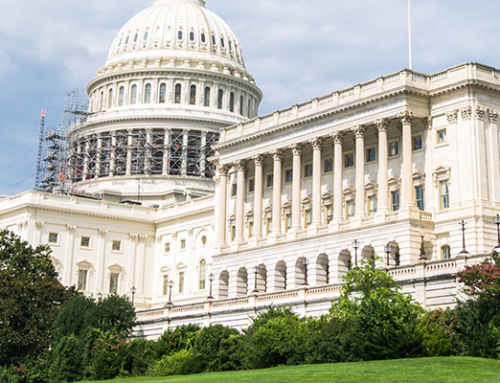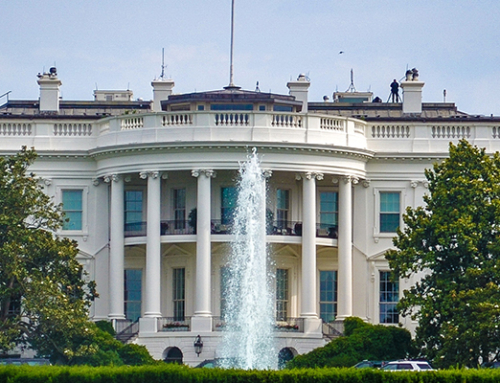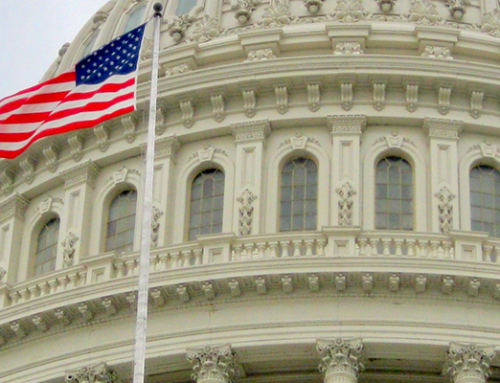Two US Supreme Court decisions recently addressed the question of whether federal agencies had authority to require that individuals be vaccinated. In one decision the court addressed the authority of the Occupational Safety and Health Administration (OSHA) to require employers with 100 or more employees to require their employees to be vaccinated. In the second decision the Court addressed the authority of the Centers for Medicare and Medicaid Services (CMS) to require that facilities funded by Medicare or Medicaid require their employees to be vaccinated. Although neither of these cases specifically addressed the impact on unemployment compensation, the reasoning of the court in these decisions is some indication of the approach they would take with respect to conflicts of law issues and determinations under unemployment compensation law.
In National Federation of Independent Business v. OSHA 21A244 National Federation of Independent Business v. OSHA (01/13/2022) (supremecourt.gov) the Per Curiam decision recognized that
“The regulation otherwise operates as a blunt instrument. It draws no distinctions based on industry or risk of exposure to COVID-19. Thus, most lifeguards and linemen face the same regulations as do medics and meat packers.”
The opinion also notes that “OSHA is charged with regulating “occupational” hazards and the safety and health of “employees” and “ Although COVID-19 is a risk that occurs in many workplaces, it is not an occupational hazard in most. COVID-19 can and does spread at home, in schools, during sporting events and everywhere else that people gather. That kind of universal risk Is different from the day-to-day dangers that all face from crime, air pollution, or any number of communicable diseases. Permitting OSHA to regulate the hazards of daily life—simply because most Americans have jobs and face those same risks while on the clock—would significantly expand OSHA’s regulatory authority without clear congressional authorization.”
This opinion language is an indication of how the majority in the current Supreme Court would approach the distinction between occupational disease and public health and whether OSHA has authority to impose such a broadly based requirement as a term or condition of employment for all employers with 100 or more employees despite differences in the industry or nature of work to be performed. Determinations of eligibility for unemployment benefit rights are based on whether an individual was laid off for lack of work, terminated for good cause or quit for good cause. A quit or termination decision should be determined with reference to whether the individual became involuntarily unemployed for reasons connected with work. Furthermore, the issue of ongoing testing and vaccination may impact determinations whether to approve or deny weekly unemployment compensation.
If an employer requires vaccination as a term or condition of employment (whether or not required by federal law) and an individual refuses to be vaccinated in accordance with the terms and conditions of employment, the state unemployment insurance law (or federal unemployment programs) would control the determination of whether a termination due to failure to be vaccinated would be disqualifying. In addition, because payment of weekly unemployment compensation under the applicable federal and state UI law is conditioned on the individual demonstrating that he or she is able to work, available to work and actively seeking work, weekly claims may be denied if the individual becomes too ill to meet these requirements with respect to the week.
Although the Court’s opinion does not address unemployment compensation directly, it may be persuasive authority in construing the provisions of state and federal unemployment compensation law and conflicts of law that may arise due to the application of OSHA safety and health regulations.
The second decision addresses the narrower question of whether CMS has authority to issue an emergency rule to require that the employees of facilities receiving funding through Medicare or Medicaid must be vaccinated, with enumerated exceptions. The opinion in Biden v. Missouri 21A240 Biden v. Missouri (01/13/2022) (supremecourt.gov) included language agreeing with Amici Curiae that
“a vaccination requirement under the circumstances is a straightforward and predictable example of the health and safety regulations that Congress has authorized the Secretary to impose.”
The Court went on to say “We accordingly conclude that the Secretary did not exceed his statutory authority in requiring that, in order to remain eligible for Medicare and Medicaid dollars, the facilities covered by the interim rule must ensure that their employees be vaccinated against COVID-19.”
This language is once again an indication of how the majority in this Supreme Court would approach the review of how the rule adopted by CMS should be applied to individual cases. It concludes that facilities covered by the rule are expected to comply with the requirements. These employers are likely to incorporate these requirements into the terms and conditions of employment. Ancillary questions may arise with respect to whether an employer that is determined to be a facility covered by the rule has properly included the requirement as a term or condition of employment, whether individual employees were notified of the requirement and whether these employees followed the requirements.
State UI agencies and federal unemployment programs may need to take note of the new federal requirements as part of the determination of UI benefit eligibility in cases involving employers that are considered to be facilities subject to the required vaccination rules.
There are already state laws that provide that an individual has a right to decline vaccination and still be eligible to establish UI benefit rights despite the adoption of CMS rules.
We continue to follow state legislation in this area and generally seek to preserve the right of an employer to determine the terms and conditions of employment and not to be charged for unemployment compensation if there is a determination that a quit was without good cause or a termination was with good cause in connection with work.
Doug
Douglas J. Holmes
President
UWC – Strategic Services on Unemployment & Workers’ Compensation
614-805-2208






